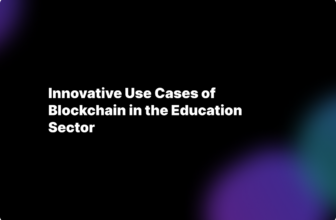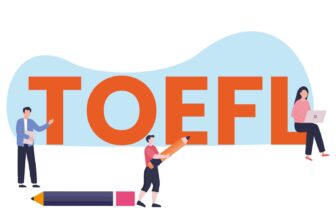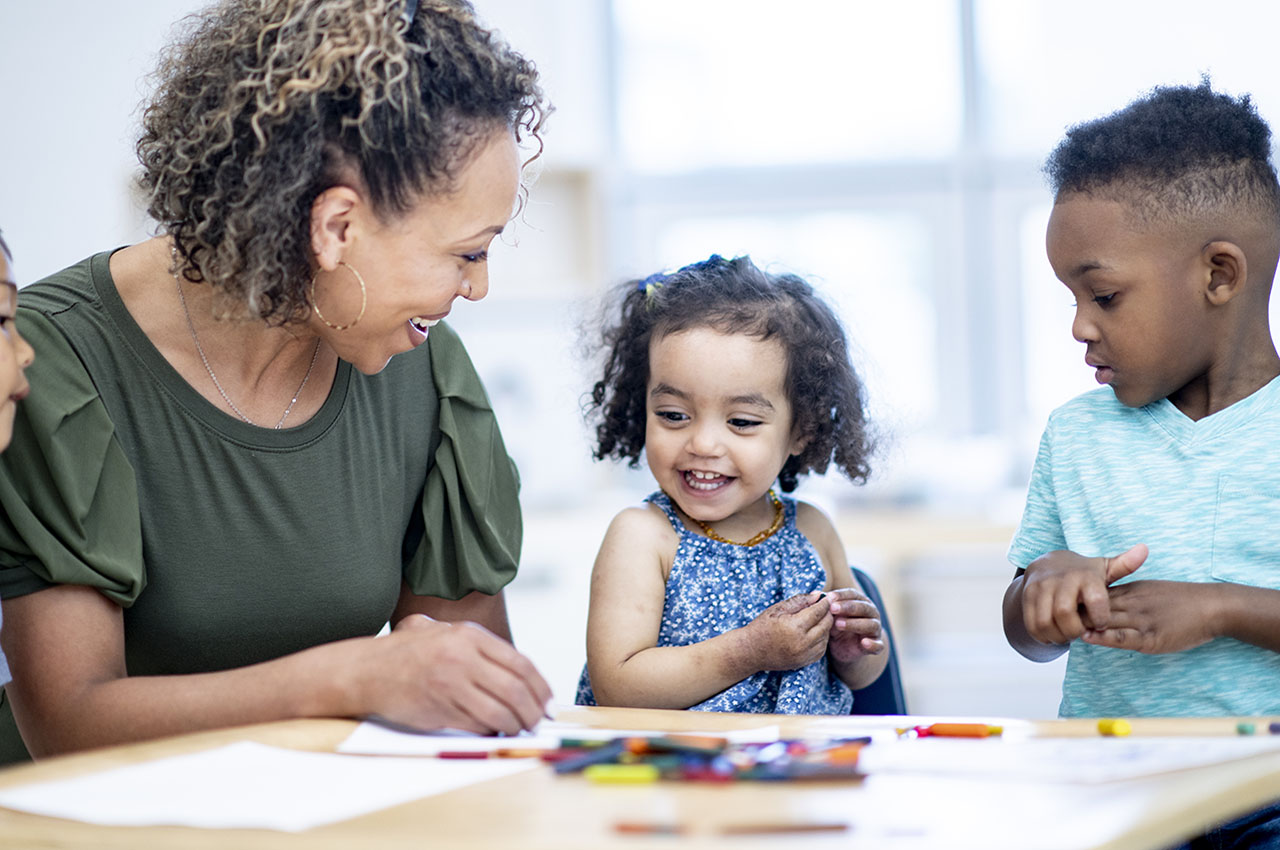
When you think of a preschool, what do you imagine? Perhaps you are afraid that your child is too young to be part of an organized team? Do you sometimes doubt if you will be able to cope with the separation?
Preschool education plays an important role and can only help your child. It is very useful for children to attend preschool, learning numbers, letters, and shapes before school. But more importantly, at daycare centers like Little Scholars, they develop social and emotional skills and learn to get along with other children.
Table of Contents
Why is Preschool Education Important?
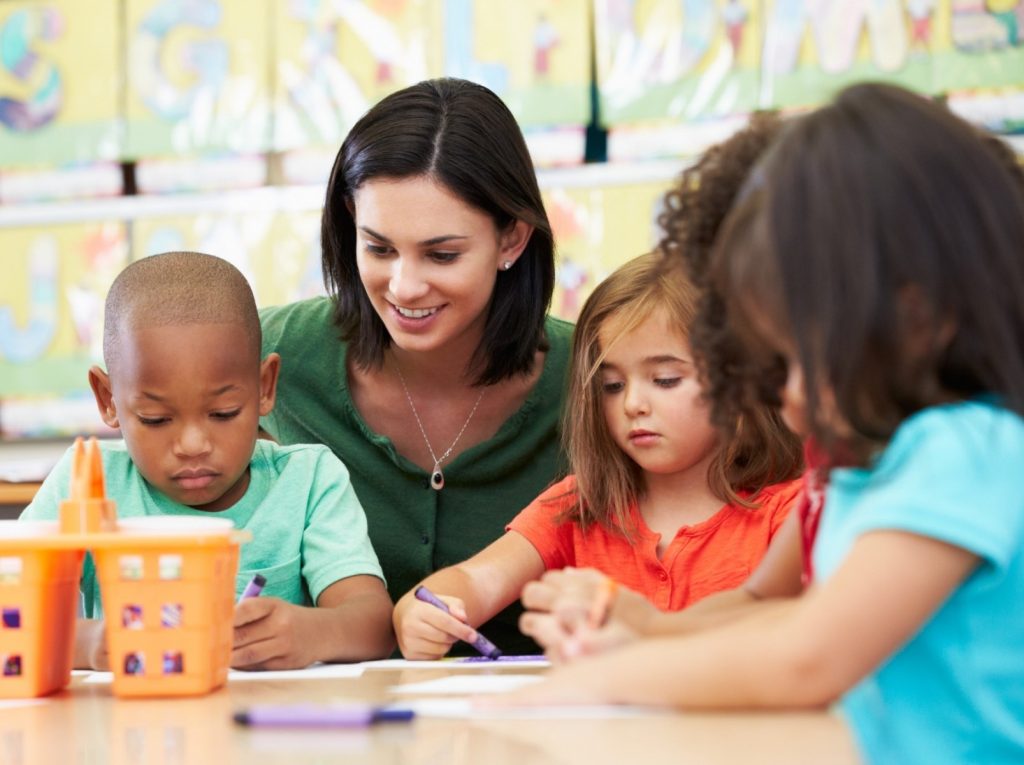
Source: rand.org
At 6 years old, the whole life of a child transforms and gets on a new level. Naturally, the usual routine of fun and entertainment now is transferred to the curriculum.
Without prior adaptation, it will be difficult for a kid to get used to the new environment. So studying can be associated with something boring and unpleasant.
The things you learn in preschool become a part of the preparation for the inevitable changes. Children have an opportunity to start the journey of learning with joy. The use of fun activities, paints, and modeling clay help to connect learning with fun and enjoyment.
So what do children learn in preschool in terms of new skills?
The first thing you should pay attention to is perseverance. A young student is asked to sit up straight, listen to the teacher, and do classwork for several lessons in a row. Therefore, systematic attending helps to get used to the learning process and accept the changes that the school schedule makes.
In addition, to obtain good results, it is necessary to train concentration. In the classroom, you cannot get distracted and look around you. Systematic implementation of individual work will help your kid get used to concentrating on one thing and keeping it through to the end.
The next step is independence. The little student must understand from the beginning that learning new information is his or her own task. The development of lessons for children of preschool age will gradually begin to prepare for this in order to form the correct perception of personal responsibility and independent work. Carrying out simple exercises without the help of a teacher gradually develops the habit of learning independently and does not require constant monitoring.
The last point is the ability to be part of a team. First graders are no longer just playing together, they are learning and learning something new. Some will do better, others may have some difficulties. A future student must be prepared for healthy competition: be able not to get angry if something goes wrong and not offend those who struggle. Learning to resolve conflicts peacefully by working as a team, sharing experiences, and learning together is highly important.
What Children Learn in Pre-K:
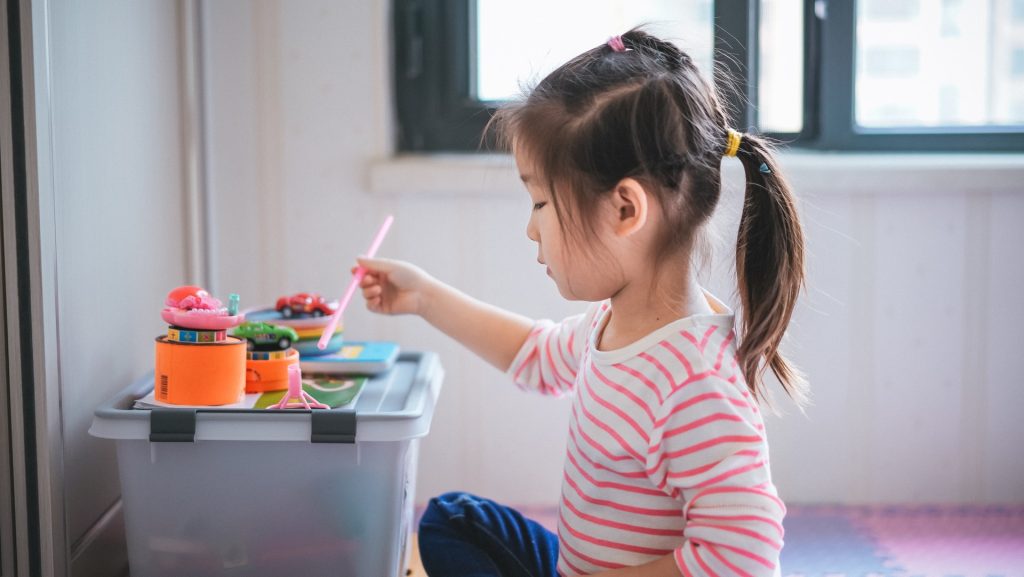
Source: unsplash.com
- Exploring the world around them. Parents and teachers motivate children to acquire knowledge, stimulate their curiosity and satisfy their needs for knowledge of the world.
- Social communication. Children are introduced to social norms and taught to observe them, form communication skills with people of different social categories, and develop independence skills.
- Physical development. Kids are instilled with the desire for physical activity and a healthy lifestyle, they develop motor skills and are introduced to sports.
- Adaptation. Children develop the skills of building speech structures, clear and precise pronunciation, and expand their vocabulary.
- Artistic and aesthetic features. Children are taught to perceive, understand the meaning and value of culture and art, nature, the world around them as a whole, they form their aesthetic worldview.
What Should a Child Learn in Preschool by 4-5 years?
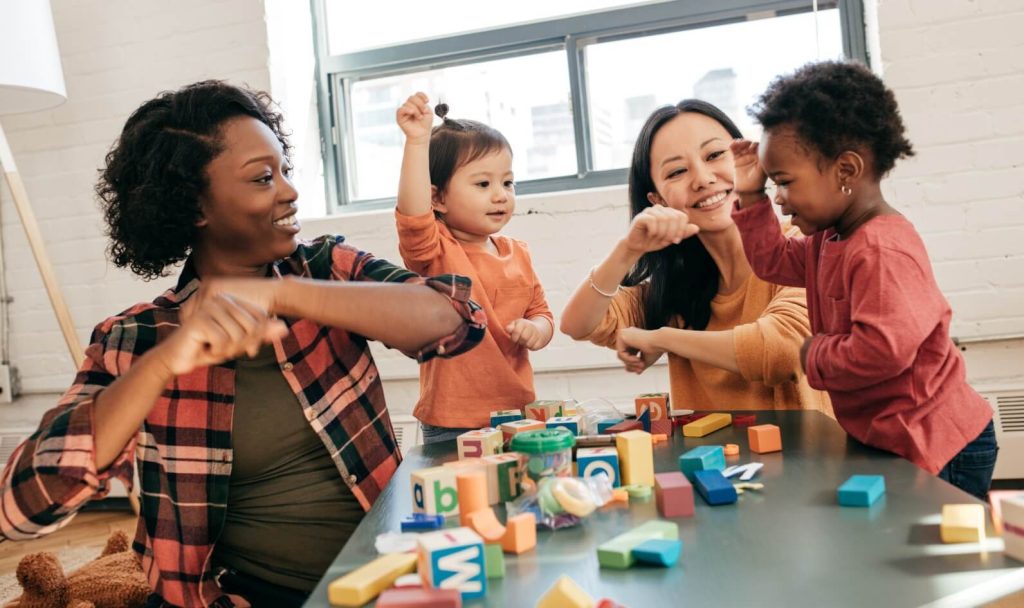
Source: pbs.org
At this age, the amount of attention of the child increases. The child is able to concentrate on the single activity for 15-20 minutes. The child’s imagination continues to develop. Children can independently invent a short fairy tale on a given topic.
The child learns the social norms of behavior. The content of communication between a child and an adult is changing. It goes beyond the specific situation in which the children find themselves. The cognitive motive becomes the main one.
Children develop a need for respect from an adult, your praise is extremely important to them. This leads to their increased sensitivity to feedback.
Relationships with peers are characterized by selectivity, which is expressed in the preference of some children over others. They choose their friends as permanent partners in games.
Leaders begin to appear in groups and form a kind of competition. It is important to compare themselves with others, which leads to the development of self-identification.
A 4-5-year-old child should be able to:
- Without distractions, complete the task in 5-10 minutes.
- Find similarities and differences between the elements. Find a match for each element.
- Assemble the pyramid without help.
- Distinguish and name the surrounding objects, their characteristics, purpose, and materials.
- Classify objects, name a group of objects with a generalizing word (apple, pear, banana – fruit; table, chair, sofa – furniture, etc.). Find the extra item in each group.
- Fold according to the designer’s construction model.
- Fold the cropped image into 3 or 4 equal parts.
- Memorize 5 to 7 words of 10 sentences; be able to memorize pairs of words related in meaning, after reading to adults: winter-snow, cat-dog, etc.
- Find similarities and differences between the elements.
Which Form of Preschool Education is Best?

Source: unsplash.com
Homeschooling. For family upbringing, one of the parents or close relatives must stop working and devote all their time to the child. In order for the baby to fully develop, they often not only work with him or her at home, but also attend various classes in early development centers.
Homeschooling is more suitable for families with several children. This way the child will not experience a lack of communication with peers, the need for which arises in 2-3 years.
It is advisable not to send the child to kindergarten if he or she is often sick or psychologically unprepared to spend most of the day without the family members.
Preschool educational center. Children are usually sent to a kindergarten at the age of 1.5 to 3 years. But in some preschool centers, there are nursery groups where babies from 9 months are accepted. Wondering what do children learn in public preschool programs, as there are programs designed individually for each age.
In the nurseries, there are groups of day stay (the child stays 12 hours), short stay (8-10 hours), short stay (3-5 hours), long day (14 hours). There are 24-hour preschools, for example, for families where parents work the night shift.
The advantages of teaching preschool children in a preschool educational center are a convenience for you and socialization for the kid. The child learns to communicate with peers and adults outside the family, acquires necessary discipline norms, develops skills for independence and comprehensive development. Children who attend preschool adjust to school more easily and comfortably.





